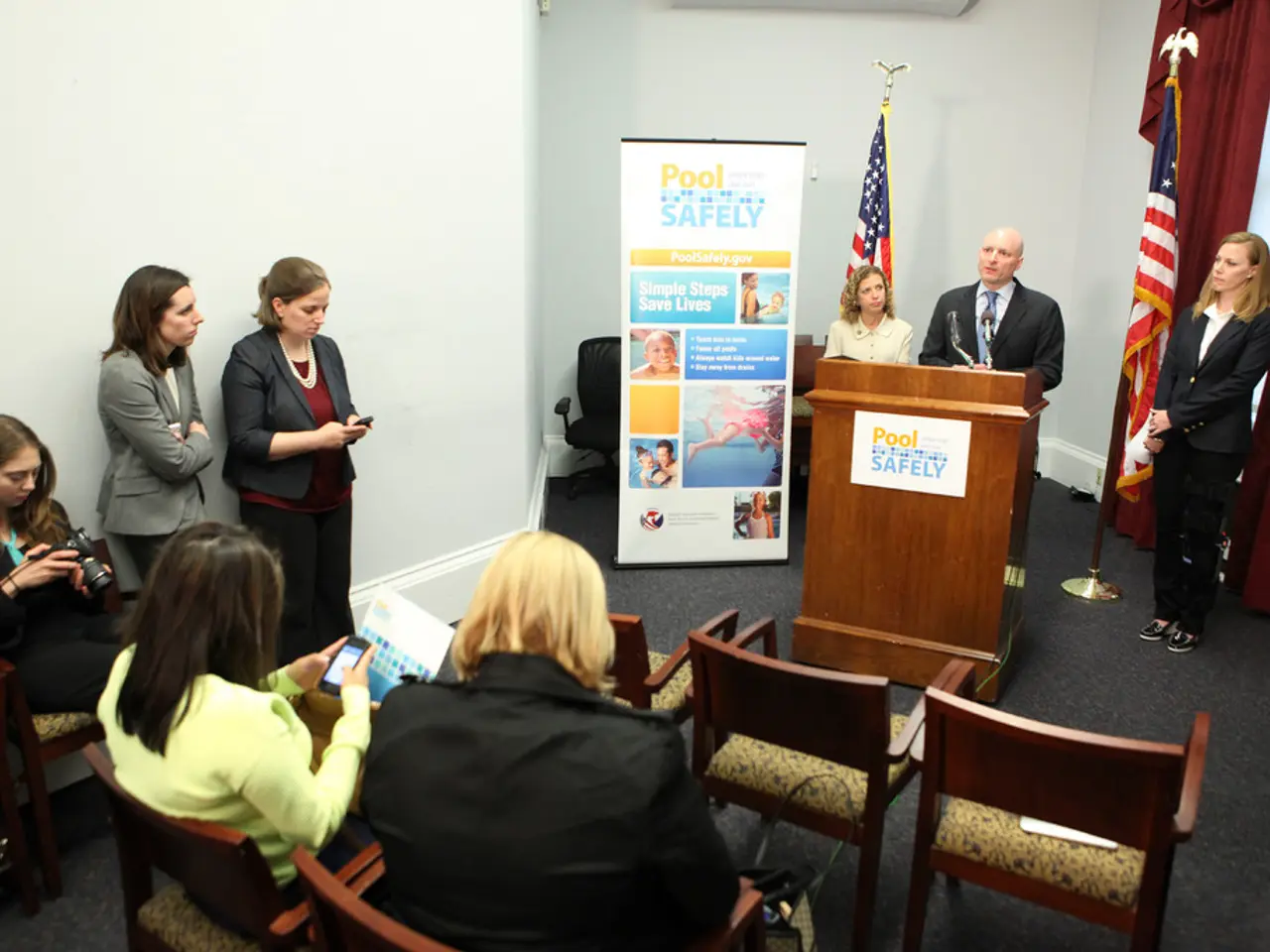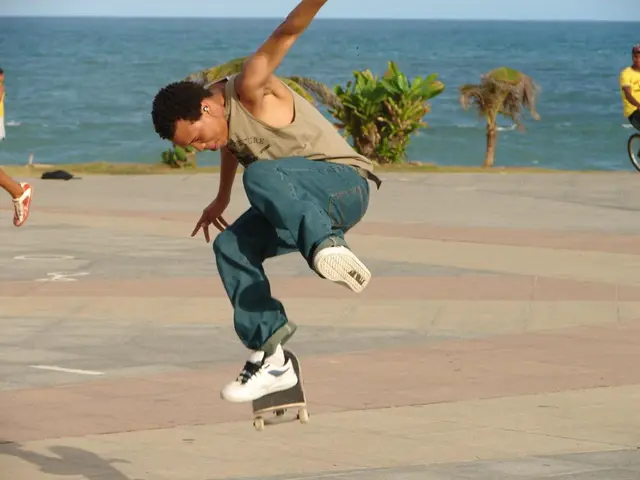Discussion centering around the idea that Politics Requires Female Participation
In the lead-up to the 2025 local elections in Wuppertal, a significant focus is on increasing the representation of women in politics. The Task Force, headed by Roswitha Bocklage, aims to address key issues, opportunities, challenges, and obstacles that need to be addressed to achieve this goal.
Crucial issues include ensuring gender equality by addressing historical and systemic barriers that have limited women's participation in politics. Implementing policies such as quotas or affirmative action measures can be instrumental in increasing representation. Changing societal attitudes and norms that discourage women from entering politics is also essential.
Opportunities to increase women's representation include increasing public awareness about the importance of gender balance in politics, political parties' commitment to supporting women candidates, and the establishment of mentorship programs for aspiring female politicians.
However, challenges and obstacles persist. Women candidates often face stereotypes and biases, lack resources, and struggle with work-life balance. Existing political structures and networks may be difficult for women to penetrate, and societal expectations around gender roles can influence how women are perceived in political roles. Limited representation in key decision-making roles can make it harder for women to influence policy changes that benefit their cause.
The Task Force believes that the participation of people with as many perspectives, backgrounds, and life realities as possible is essential for a vibrant and strong democracy. Currently, the proportion of women and those perceived as female in political bodies in Wuppertal stands at 33.7 percent.
A panel discussion, scheduled approximately two weeks before the 2025 local election, will explore these challenges and obstacles faced by women and those perceived as female in active politics. The discussion will focus on relevant issues for the next legislative period, opportunities for action and decision-making in local politics, and challenges faced by women and those perceived as female in active politics.
The panel, hosted by Cathy Reinbothe, will feature Derya Altunok, Karlotta Blume, Diana Ertel, Dagmar Liste-Frinker, and Vanessa Birsch. Unfortunately, Roswitha Bocklage, the Head of the Task Force, is not explicitly mentioned as participating in the panel discussion. The discussion will focus on urban planning, cultural offerings, and social services as key aspects of daily life that are often discussed and decided at the local political level.
The event is a significant step towards increasing the proportion of women and those perceived as female in political bodies in Wuppertal, a goal that the Task Force is committed to achieving. By addressing these issues, the Task Force hopes to create a more inclusive and representative political landscape in Wuppertal.
The Task Force intends to discuss critical issues such as implementing affirmative action measures in politics, challenging societal norms that hinder women's participation, and addressing historical barriers in the upcoming panel on general-news, which focuses on the representation of women in politics. This event is aligned with the larger goal of increasing women's representation in local politics and creating a more inclusive political landscape in Wuppertal.
Despite plans for a mentorship program and commitments from political parties, challenges like stereotypes, biases, limited resources, and work-life balance continue to confront women candidates in politics, issues that will be explored during the imminent panel discussion on politics and general-news.







